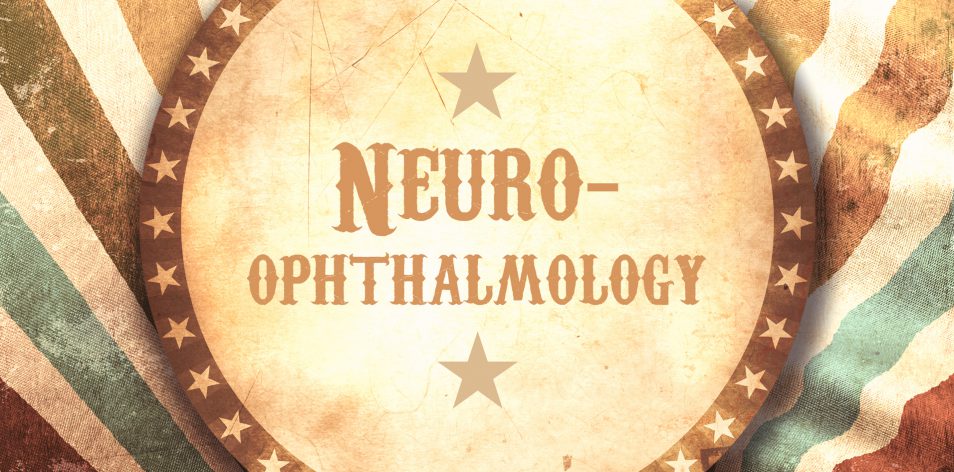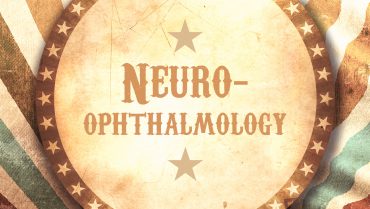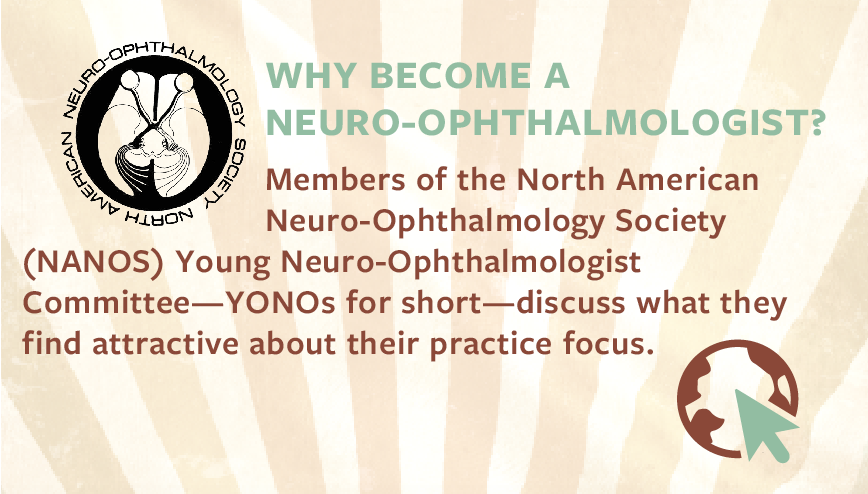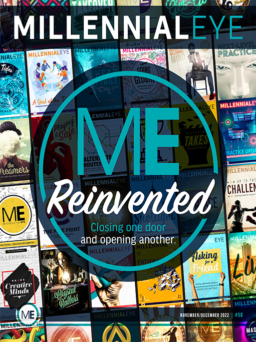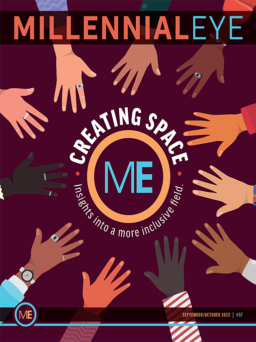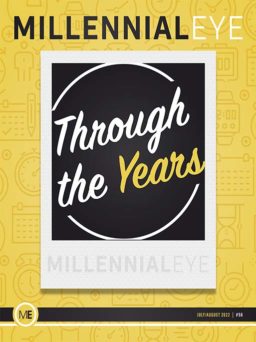WHAT DO YOU ENJOY MOST ABOUT NEURO-OPHTHALMOLOGY?
"Being a neuro-ophthalmologist is one of the best subspecialty jobs, not just in ophthalmology but in medicine in general. We get to use our skills and our toys in ophthalmology to diagnose potentially vision- or life-threatening systemic or neurologic diagnoses. We also get to be an “expert among experts,” bridging the related neuroscience specialties of ophthalmology, neurology, and neurosurgery. Overall, I find being a neuro-ophthalmologist to be personally and professionally rewarding, and we get the rare chance to “do well by doing good."
"I enjoy neuro-ophthalmology because each patient is entirely unique and requires particular thinking and planning both for diagnosis and management. I also find great joy in working with patients who have had difficult medical experiences requiring multiple opinions. It is a pleasure to be able to provide diagnostic and prognostic information for these patients with rare neuro-ophthalmic diseases. I especially enjoy pediatric neuro-ophthalmology because of the necessity of a multidisciplinary medical team that I have the opportunity to work with for each and every patient."

